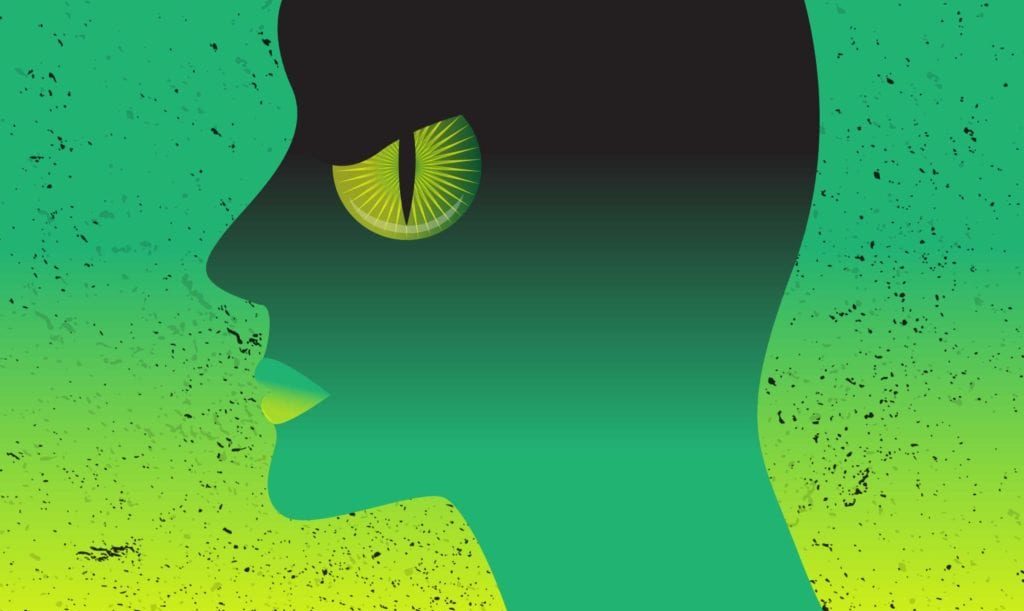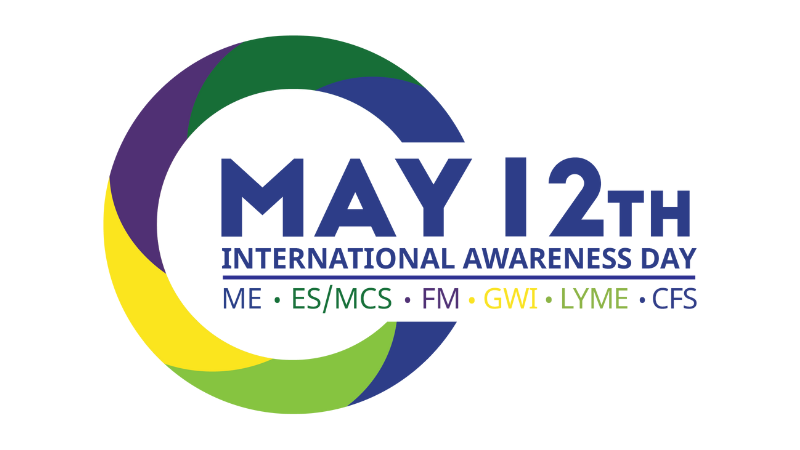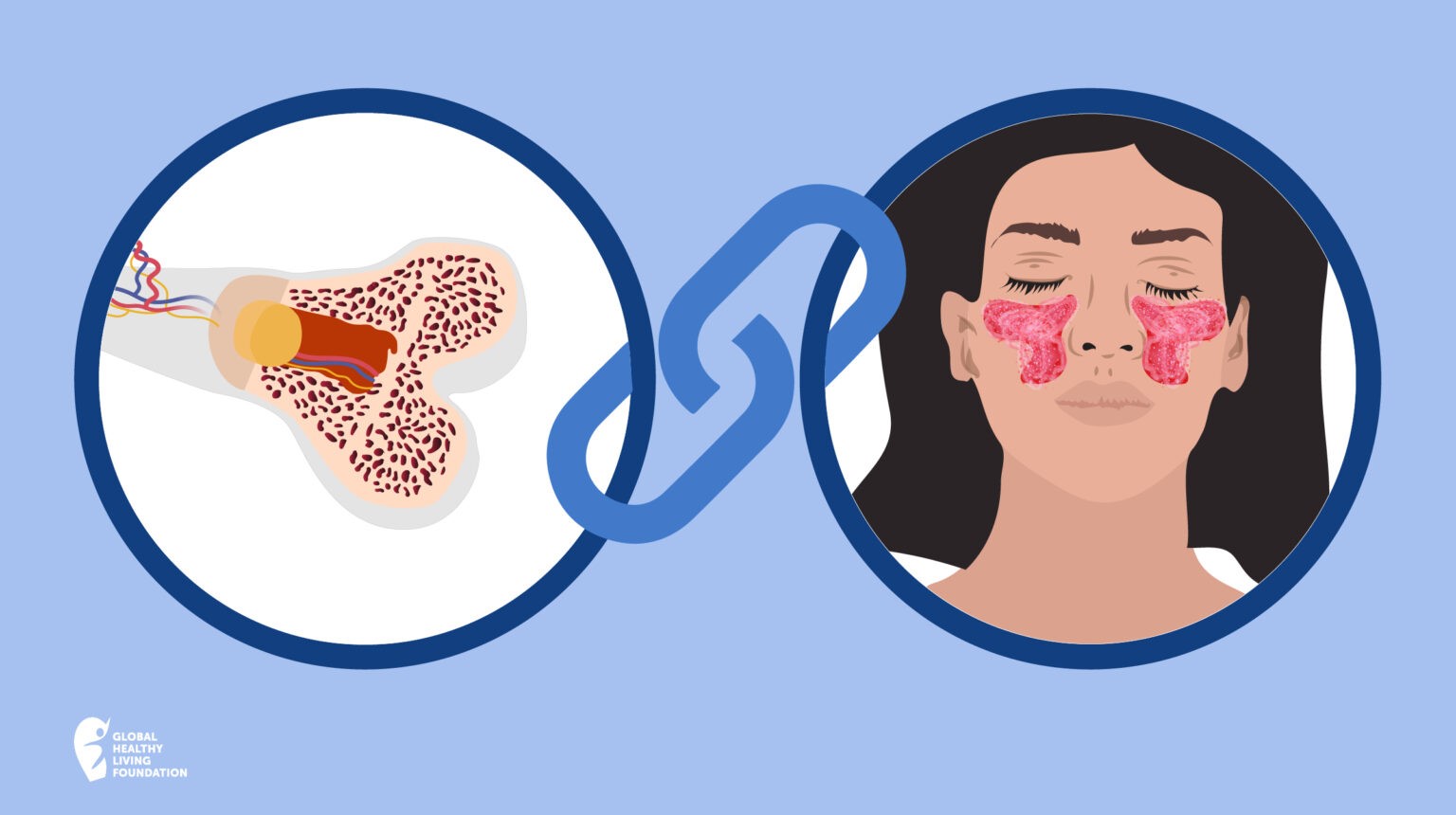

This article has been adapted, with permission, from a corresponding article by Dibs Baer published on the CreakyJoints (US) website on 29 May 2020. Some content may have been changed to suit our Australian audience.
While CreakyJoints Australia understands that the scale of the COVID-19 situation in the US is vastly different to our experience here, we feel that many Australians with chronic conditions will closely relate to the sentiments expressed by the author.
Scrolling through social media, I landed on a post that would normally warm my heart, give me a smile and earn an easy like. It was a photo of my friend donating blood. She was sitting in a medical chair, IV in arm, donning shades and a bright purple bandana. “Gangsta-style!” she wrote, followed by the hashtag #everyoneisdoingit.
I should have been proud of my altruistic friend, but instead I felt that old familiar pang of jealousy. Everyone is *not* doing it. Especially not someone with a chronic illness like me.
I would love to give blood right now during a global pandemic. I would love to volunteer at a food bank or grocery shop for my elderly neighbours. I would love to party in dirty pool water with 500 of my closest friends in Lake of the Ozarks on a holiday weekend. (Okay, no I wouldn’t. Eww. That was disturbing and disgusting.)
My point is, I have rheumatoid arthritis and I’m on two medications — methotrexate and Remicade — that can affect my immune system. I have one of those “underlying conditions” that may put me at greater risk of complications from COVID-19. (Or not. Doctors are still studying how my disease and medications can be affected by COVID-19.)
But better to be more safe than sorry. So as the country continues to open up and everyone goes back to “normal,” I cannot. I have to hang back and see what happens. That means no blood donations, no haircut, no dine-in restaurants, no gym — not yet.
And that sucks.
Making Sense of My ‘Reopen Envy’
I also stumbled on an Instagram story of my hairstylist dancing in a bar without a mask on. I had two immediate reactions. One: Dammit I’ll need to find a new hairstylist and that’s impossible; and two: I want to dance in a bar with abandon! And I don’t even drink anymore.
“Seeing pictures of people partying and having a great time during all of this — they just don’t know how crappy it is to have a chronic illness,” says Katie Willard Virant, LCSW, a psychotherapist in St Louis, Missouri who herself has Crohn’s disease and is the author of Psychology Today’s monthly blog Chronically Me: The Emotional Landscape of Chronic Illness. “There’s a sadness that they have no conception or no wish to understand the fear that we live with all the time. That feels really alienating.”
When coronavirus first started, almost everybody was on the same page. “For once the world knew what it was like to feel anxious and uncertain to live with a health threat over you all the time,” Willard Virant explains.
But that kumbaya unity was short-lived. Once again, it’s every man, woman and child for themselves, and we’re back to feeling left out. “If I’m honest,” Willard Virant adds, “there’s a bit of sadness, like, ‘Oh, I’m left behind here still in my uncertainty and doubt, while others are moving forward.’ It hurts to be discounted.”
I can’t tell you how many times I’ve heard pundits and politicians say that old folks and those at high risk should just stay home, like it’s no big deal to be cooped up while the world goes on without us.
“Vulnerable people get left behind,” Willard Virant says. “There’s a sense that we can be put on a shelf.”
While everybody else goes back to work, goes back to living, people with chronic illnesses and disabilities are expected to isolate on our own desert islands or live in a tower like Rapunzel or something until a vaccine is found in a year or maybe never, while our friends and family happily patronise the Ocean City boardwalk, Six Flags or Poopy’s Pub. (Real place, saw it on the news.)
The Luxury of Blissful Ignorance
When I hear about fun stuff opening up — even a bar that is named after fecal matter — that’s when the green-eyed monster rears its ugly head. But it’s not only about missing out on activities.
It is also about others being able to be blissfully ignorant without a care in the world. I don’t want to do anything stupid, but I’ll be the first to admit that I’m actually jealous of young girls in bikinis on the beach telling masked reporters, “I don’t care if I catch it.”
I don’t have that luxury. I have to care. I’m still checking my temperature a few times a day, even though I rarely leave the house. My own hypochondria annoys the hell out of me. What I wouldn’t give to be footloose and flip-flop-free in the sand and surf. I used to be a fearless person — I’ve traveled to Cuba, rode ATVs, gone night skiing in the Rockies. Where’s that person? Gone. Not by choice, but by necessity.
While I’m stuck at home, drooling on my afternoon nap pillow as I mindlessly scroll through my phone, I’m bombarded with images of pandemic-oblivious people without a care or fear in the world. It’s not an act. They’re genuinely not scared. They truly don’t care.
“What is that like?” I wonder in awe.
“Saying ‘I don’t care if I catch it’ is exactly the definition of privilege,” Willard Virant explains. “‘I don’t need to think about it. It doesn’t affect me.’ People say it won’t be that bad, but for many hundreds of thousands of Americans, it has been that bad. And we know it in our bones. It’s not just an intellectual knowing, it’s an experiential knowing.”
A Constant Threat
The other thing to be jealous about is that there likely will be an end date to this nightmare for healthy people. But for the chronically ill, not so much. “Even when things go back to normal, we will still live with anxiety and constant worry over our health,” Willard Virant says. “It’s another reminder of that. There is never going to be an end date for our chronic illnesses, no matter even if we are free from this pandemic.”
So forgive me if I act like a hater, as the teens (who will “never get coronavirus”) say. Envy is one of the seven deadly sins, but I’m sorry, it is justified in these, ahem, unprecedented times (if I may sound like a Burger King commercial).
“It’s such a taboo feeling and something we don’t talk about a lot,” Willard Virant explains. “A lot of times people feel ashamed of it. It’s a feeling we’re not supposed to have, but it’s a very normal human emotion.”
Keep Reading
- Living With Arthritis During Covid-19: Education and Support Resources
- 3 Mini Practices to Build Resilience When You Have Chronic Illness (Even in the Middle of a Pandemic)
- COVID-19: How to Access your Prescription Medications From Home – Updated 15 April 2020
- Exercise Is Critical for My Arthritis Pain. When COVID-19 Messed Up My Regimen, Here’s How I Fixed It
- Will The New Opioid Prescribing Rules Affect Your Arthritis Pain Management?




